AP classes are becoming standard for students
Photo by Kelly Roehrig
As the years go on, Advanced Placement (AP) students have gone from an elite selection of the schools top students to incredibly common. And while these classes do a great job of preparing students for college, they are not right for everyone and can cause immense stress.
May 21, 2014
Spines bent under the weight of a dozen textbooks, splitting the seams of their backpack, balancing two extra color coded notebooks in one hand, while frantically trying to flip through notecards in the other. They violently push through their fellow students as they fast-walk towards their next class, hoping to beat the bell and grasp those few extra minutes of study time before an exam on the nature of light photons during photosynthesis. They are referred to as the few elites, the nerds or more commonly known as the AP students.
However, what was once known as the few brainiacs, has now become over a third of high school students. According to statistics collected by the AP College Board, in 2013 approximately 33.2 high school students sat at at least one AP exam and that number is predicted to rise this year. This increase in popularity is just one piece of evidence to the success of AP classes.
Approximately 60 percent of U.S. high schools offer Advanced Placement classes and over 15,000 high schools worldwide. With more than 35 different AP courses in 22 subject areas, everything from chemistry and statistics to Japanese language and culture, students have a large variety to choose from.
Yes, AP classes do require an almost constant work ethic and regular turning down a night out to complete homework. However, the thousands of dollars one could save and the college preparation and skills they provide prove worth those extra hours of studying.
“Kids [who take AP courses] usually are able to think outside the box; they’re better prepared; they have stronger study skills; and the bar is held up for them at a level where they reach that bar themselves. They already know, ‘This is what my teacher is going to expect of me—or this is what I expect of myself,'” said Tutor Gaye Weintraub who saved nine hours of freshman credits at the University of Austin, Texas, due to her AP credits.
The kids who often seem to struggle the most in AP classes are those students who have taken on too many advanced classes at once or lack the work ethic to complete assignments. Before signing up for AP classes, discussing with a counsellor how many one can take on at once is necessary.
“The right number’s going to be different for every student. If you find that you have to work past midnight to keep up with your load of AP courses, you probably have piled on too many,” says Steven Goodman, an education consultant and college admissions strategist.
As various schools around the nation push students to take the challenge of AP classes, students often fail to realize the benefits. Not only are students taking steps to prepare themselves for college and independence granted to them by professors, but they will also save thousands of dollars on classes. Save the time you would be spending sitting in a lecture hall of 500 students and start specializing early by getting a head start with AP classes in high school.


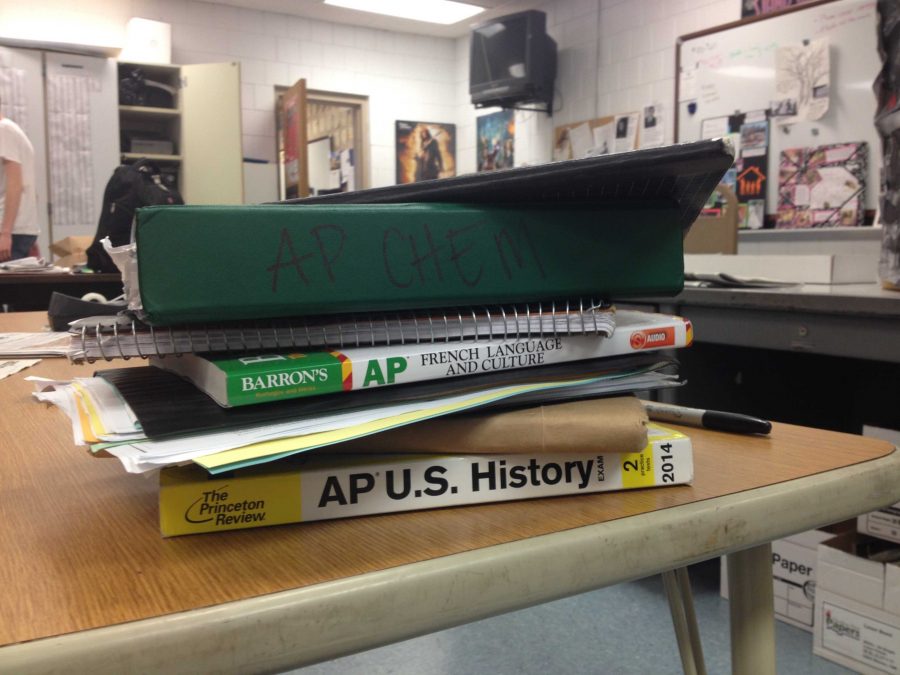


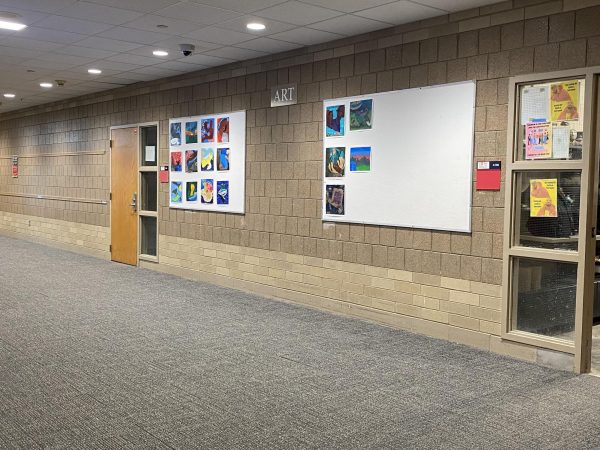
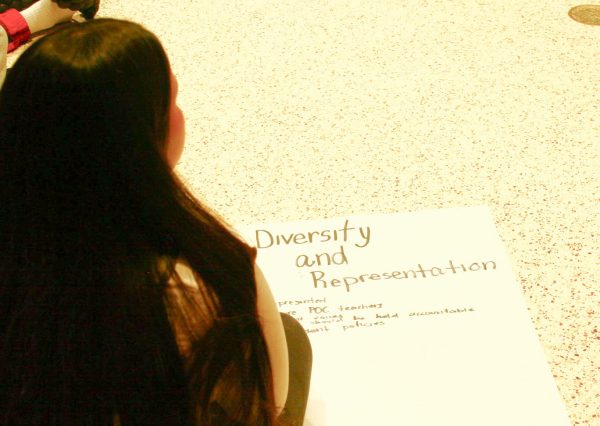
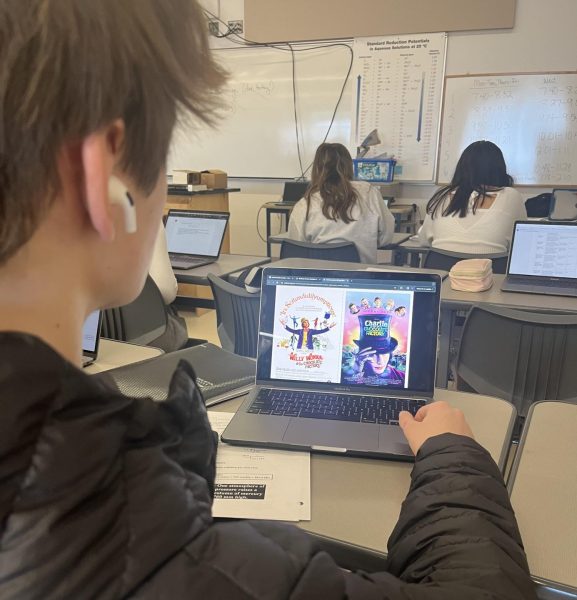

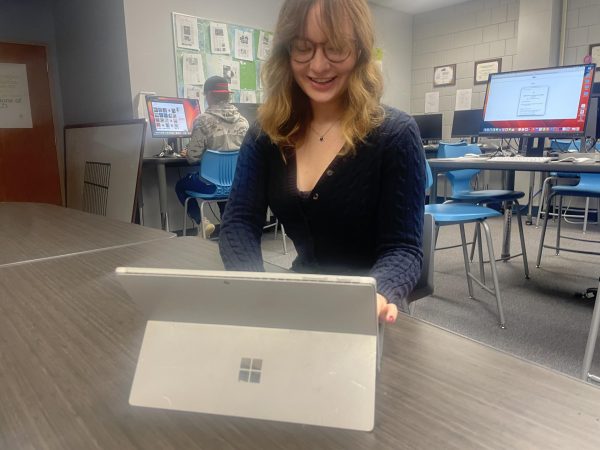
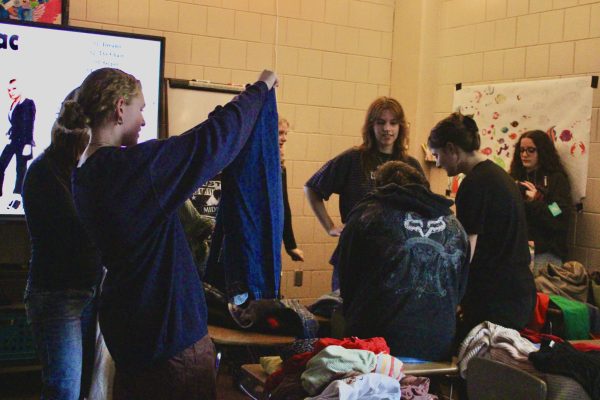

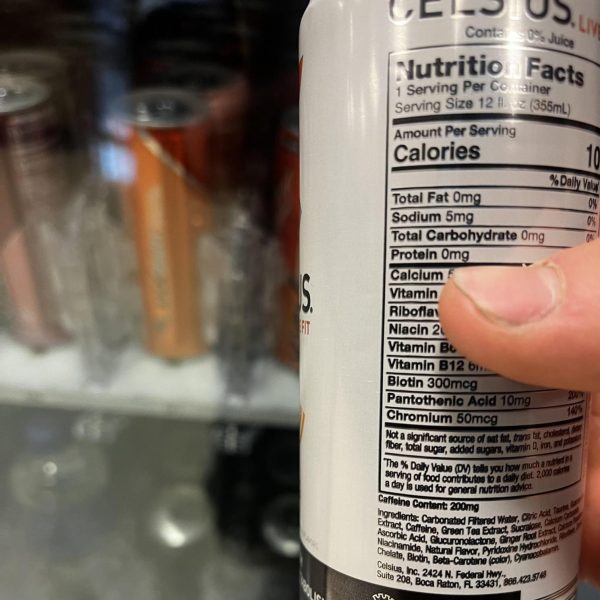
Tim Press • May 29, 2014 at 10:19 pm
I for one am not bothered by the lack of an “editorial statement” in your article. As you have clearly shown, you don’t need an explicit, cookie cutter, mass produced, template-like statement that proclaims “x is good,” or “y is bad.” Opinions can be just as clearly conveyed in an indirect manner, which personally, I prefer. Regardless of all of that, you clearly did your research and knew what you were talking about. Your facts were well balanced with clear and organized commentary that was evidently well though-out and properly articulated. Nice work.
Kelly Roehrig • May 28, 2014 at 8:20 am
While this article had a lot of information and was well written, it was really hard to figure out your opinion. There was no editorial statement in your lead which made it really hard to follow your opinion.
Virginia VanLieshout • May 27, 2014 at 10:05 pm
I was a bit confused on whether or not this was an opinion piece. If it was, there needs to be a clearer thesis/ statement of opinion. If not, they it was a really good article! I thought the quotes added a lot to the piece.